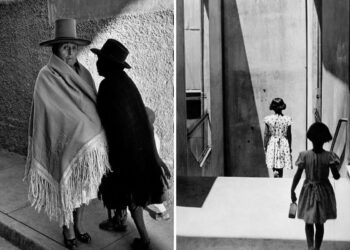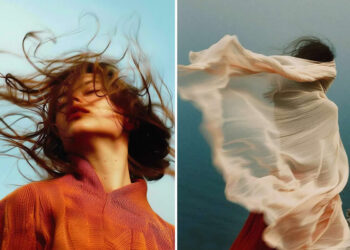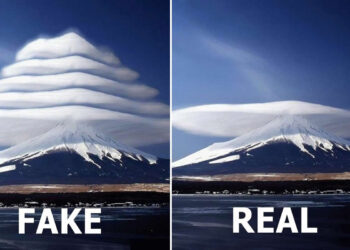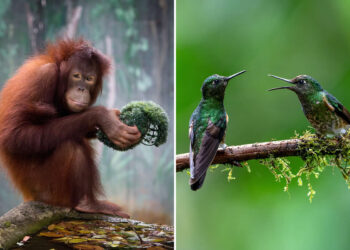Henri Cartier-Bresson (1908–2004) was a pioneering French photographer widely regarded as the master of candid photography and the father of modern photojournalism. Born in Chanteloup-en-Brie, France, Cartier-Bresson developed a keen interest in the arts from an early age. His journey into photography began in the 1930s, and he quickly gained recognition for his unique approach to capturing decisive moments.
One of the key principles associated with Cartier-Bresson is the concept of “the decisive moment” (French: “l’instant décisif”). He believed in capturing the precise moment when all elements within a scene came together in perfect harmony, creating a powerful and meaningful photograph. This philosophy influenced not only his work but also the field of photography at large.
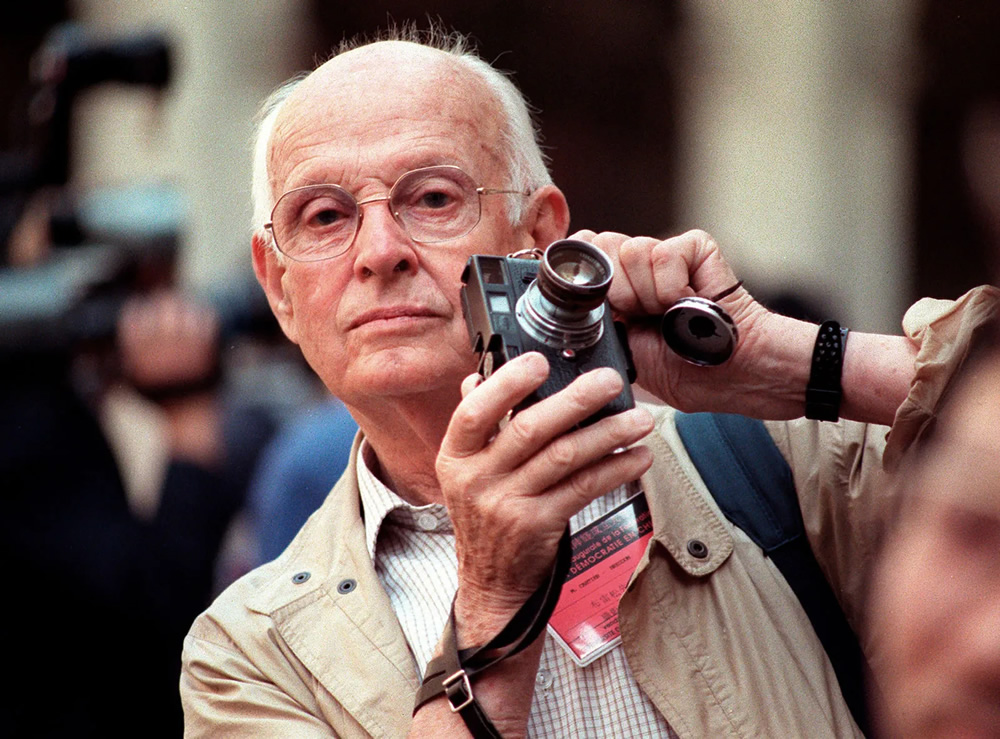
Cartier-Bresson co-founded the renowned Magnum Photos agency in 1947, along with Robert Capa and other esteemed photographers. Magnum became a cooperative agency that allowed photographers to have greater control over their work while covering significant global events. Cartier-Bresson’s assignments took him around the world, documenting pivotal moments in history, including the Spanish Civil War, the liberation of Paris, and the funeral of Mahatma Gandhi.
Known for his impeccable composition and a keen eye for geometry, Cartier-Bresson’s photographs often revealed the poetry and beauty in ordinary life. He had a knack for capturing the fleeting, spontaneous moments that conveyed the essence of a scene. His work encompassed a wide range of subjects, from street scenes and portraits to landscapes and cultural observations.
Beyond his contributions to photography, Cartier-Bresson was also an accomplished painter and filmmaker. His legacy continues to influence and inspire photographers worldwide, and his images remain iconic representations of 20th-century life. Henri Cartier-Bresson’s ability to freeze time and distill the essence of a moment has left an indelible mark on the art of photography.
30 Inspiring Photography Quotes From Henri Cartier-Bresson
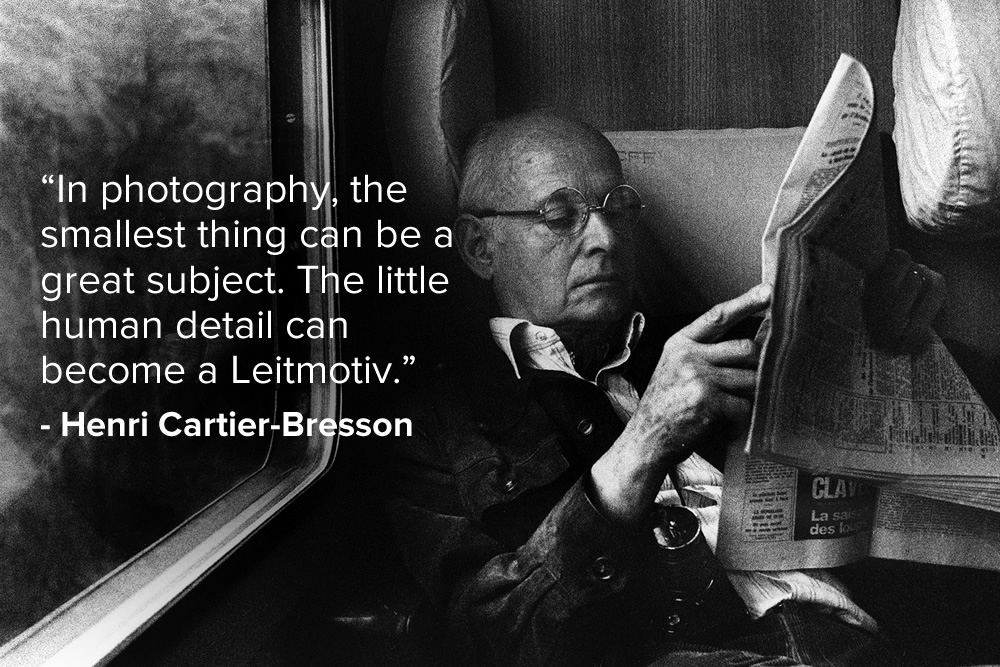
#1. “Your first 10,000 photographs are your worst.”
#2. “A photograph is neither taken or seized by force. It offers itself up. It is the photo that takes you. One must not take photos.”
#3. “For me, the camera is a sketch book, an instrument of intuition and spontaneity.”
#4. “To photograph: it is to put on the same line of sight the head, the eye and the heart.”
#5. “To photograph is to hold one’s breath, when all faculties converge to capture fleeting reality. It’s at that precise moment that mastering an image becomes a great physical and intellectual joy.”
#6. “It is through living that we discover ourselves, at the same time as we discover the world around us.”
#7. “For the world is movement, and you cannot be stationary in your attitude toward something that is moving.”
#8. “The photograph itself doesn’t interest me. I want only to capture a minute part of reality.”
#9. “Sharpness is a bourgeois concept”
#10. “In photography, the smallest thing can be a great subject. The little human detail can become a Leitmotiv.”
#11. “It is an illusion that photos are made with the camera… they are made with the eye, heart and head.”
#12. “Of all the means of expression, photography is the only one that fixes a precise moment in time.”
#13. “To me, photography is the simultaneous recognition, in a fraction of a second, of the significance of an event.”
#14. “The creative act lasts but a brief moment, a lightning instant of give-and-take, just long enough for you to level the camera and to trap the fleeting prey in your little box.”
#15. “The picture is good or not from the moment it was caught in the camera.”
#16. “Photography is, for me, a spontaneous impulse coming from an ever attentive eye which captures the moment and its eternity.”
#17. “Reality offers us such wealth that we must cut some of it out on the spot, simplify. The question is, do we always cut out what we should?”
#18. “There is no closed figure in nature. Every shape participates with another. No one thing is independent of another, and one thing rhymes with another, and light gives them shape.”
#19. “If there is one point, it’s humanity, it’s life, the richness of life. The thing is simply to be sensitive.”
#20. “For me photography is to place head and heart and eye along the same line of sight. It’s a way of life.”
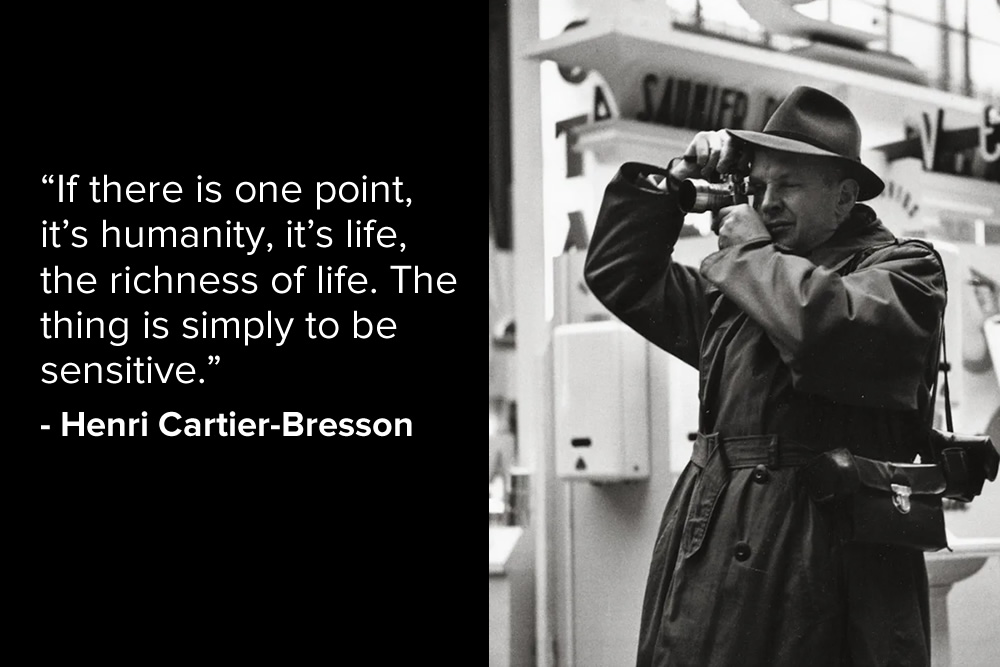
#21. “Your eye must see a composition or an expression that life itself offers you, and you must know with intuition when to click the camera.”
#22. “Photography is an immediate reaction, drawing is a meditation.”
#23. “Thinking should be done before and after, not during photographing.”
#24. “I believe that, through the act of living, the discovery of oneself is made concurrently with the discovery of the world around us.”
#25. “You just have to live and life will give you pictures.”
#26. “As time passes by and you look at portraits, the people come back to you like a silent echo. A photograph is a vestige of a face, a face in transit. Photography has something to do with death. It’s a trace.”
#27. “While we’re working, we must be conscious of what we’re doing.”
#28. “Photographers deal in things which are continually vanishing and when they have vanished there is no contrivance on earth which can make them come back again.”
#29. “Memory is very important, the memory of each photo taken, flowing at the same speed as the event. During the work, you have to be sure that you haven’t left any holes, that you’ve captured everything, because afterwards it will be too late.”
#30. “Of course it’s all luck.”
Related Articles:
- 50 Iconic & Timeless Black And White Photographs From Master Photographers
- Masters Of Monochrome: 50 Breathtaking Black & White Photos From Legendary Photographers
- Masters Of Photography: Stunning Black & White Photos By Stanko Abadžić
- Explore a Collection of 50 Timeless Black and White Photographs Captured by Master Photographers



